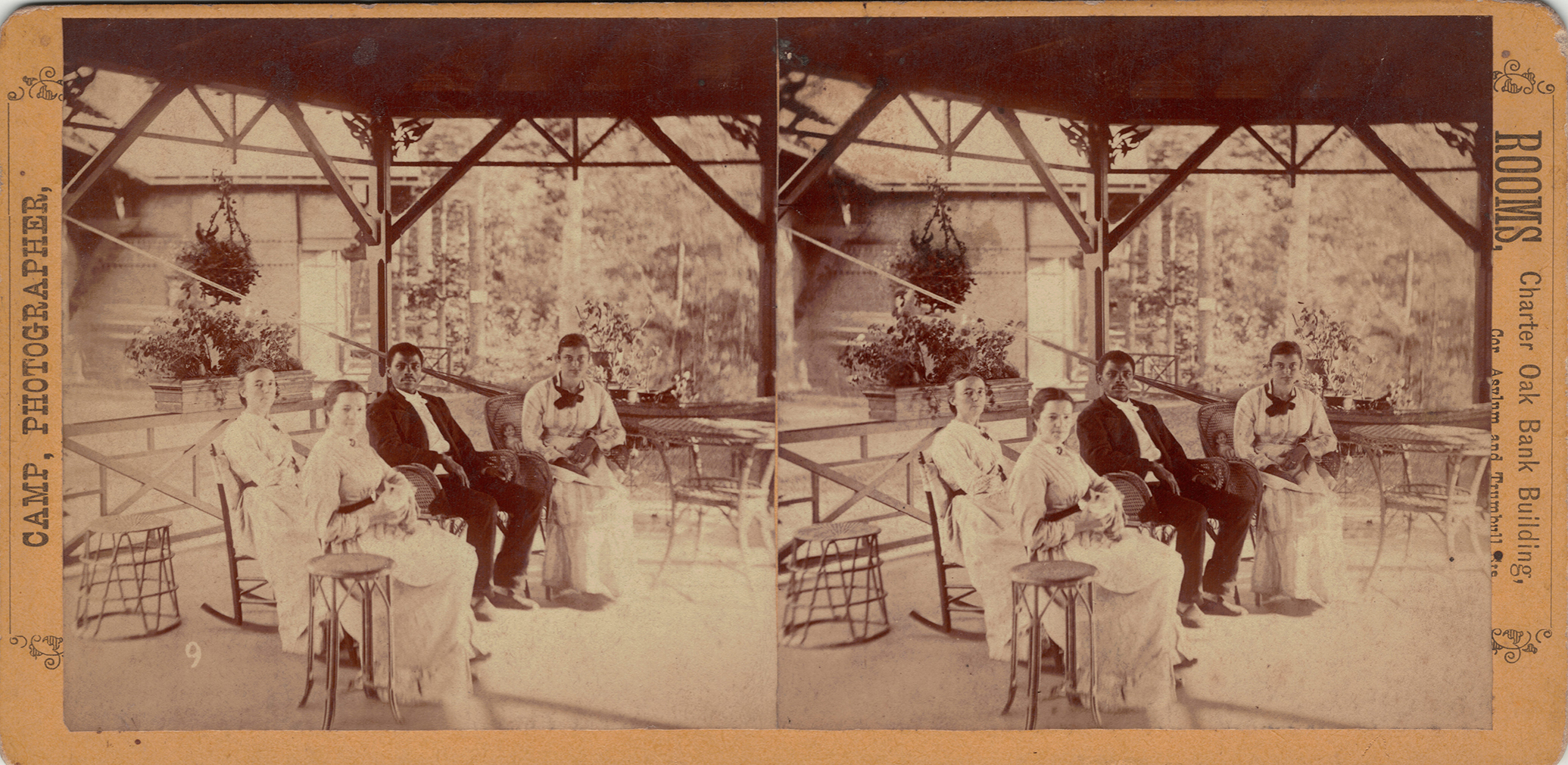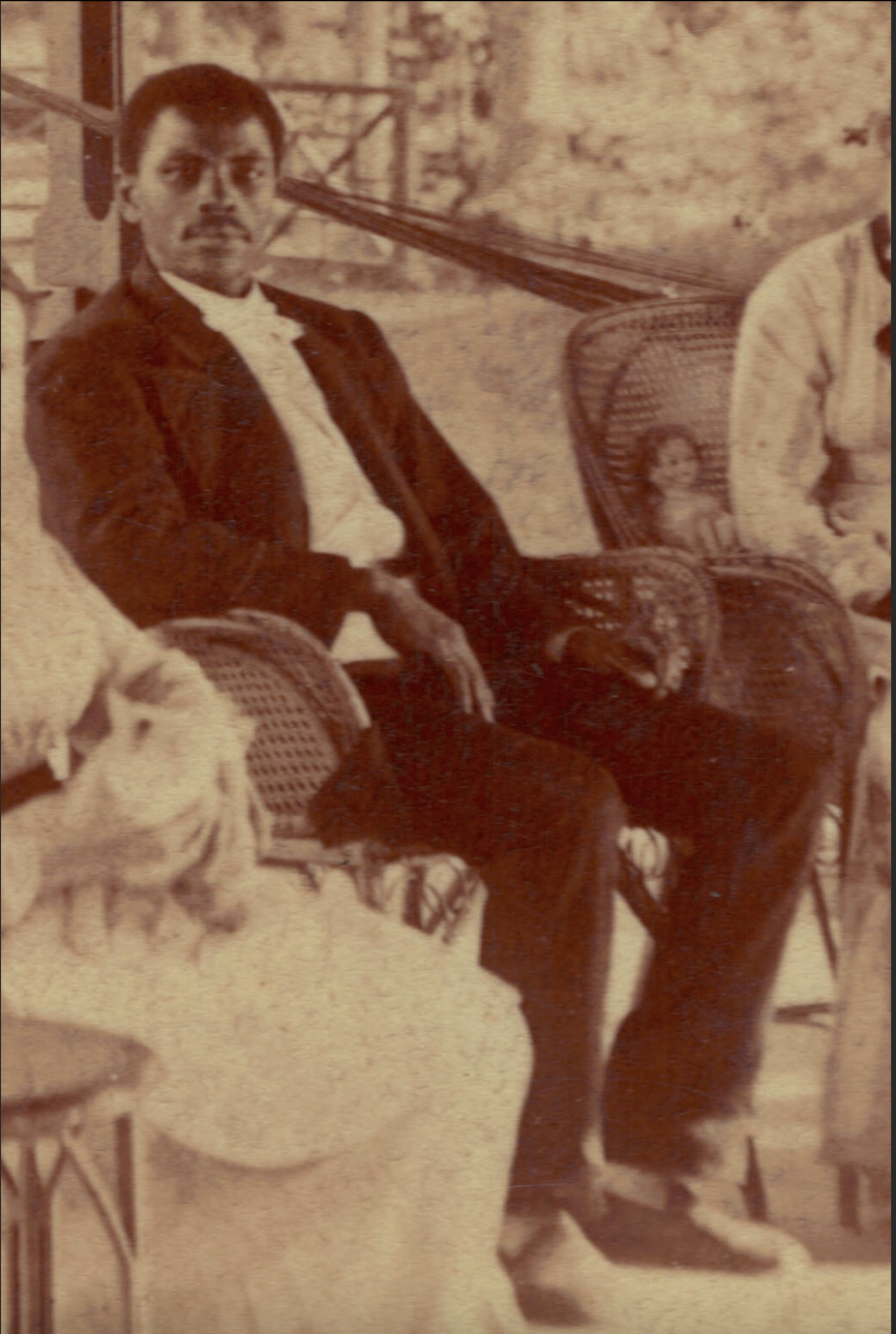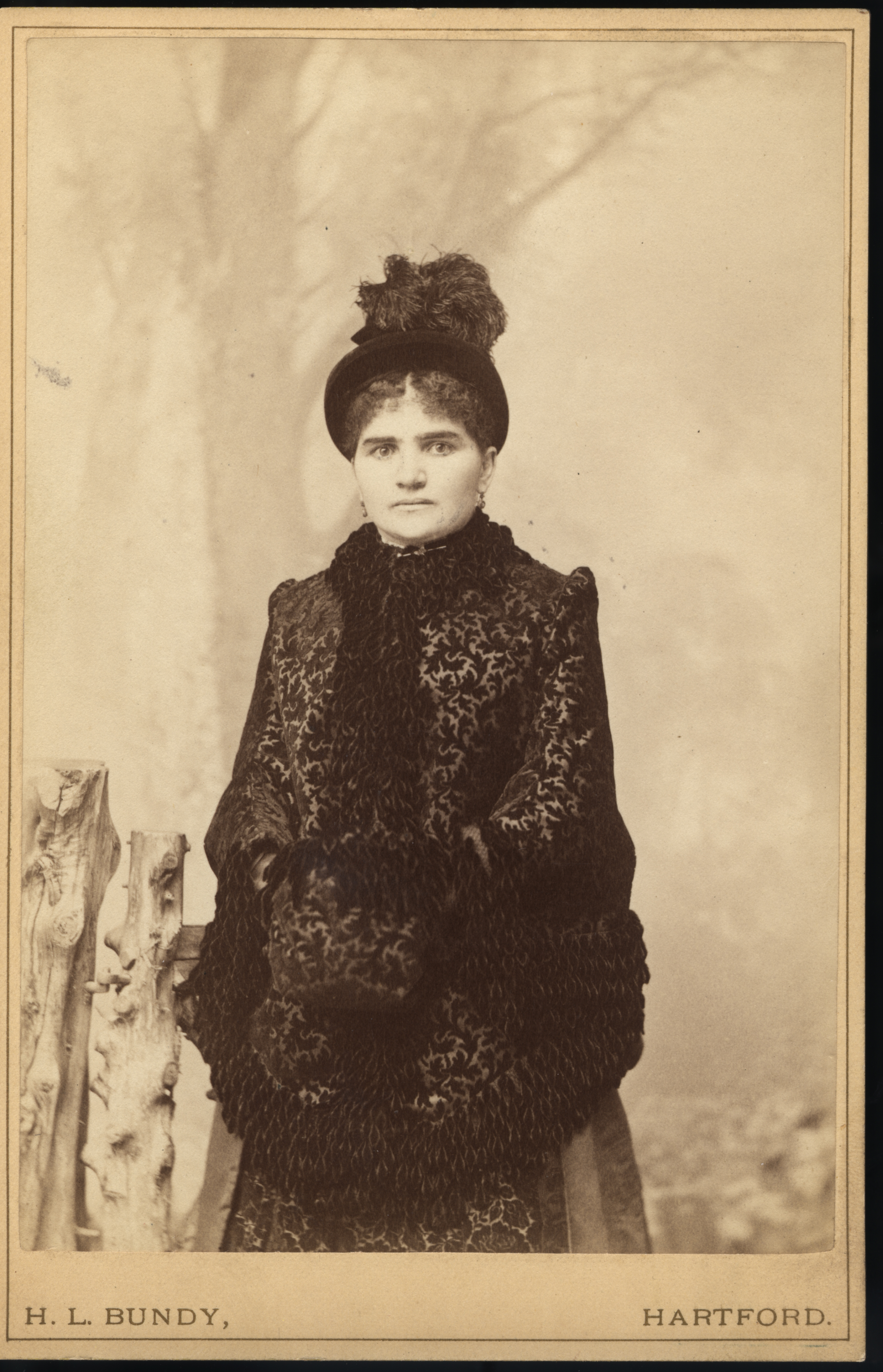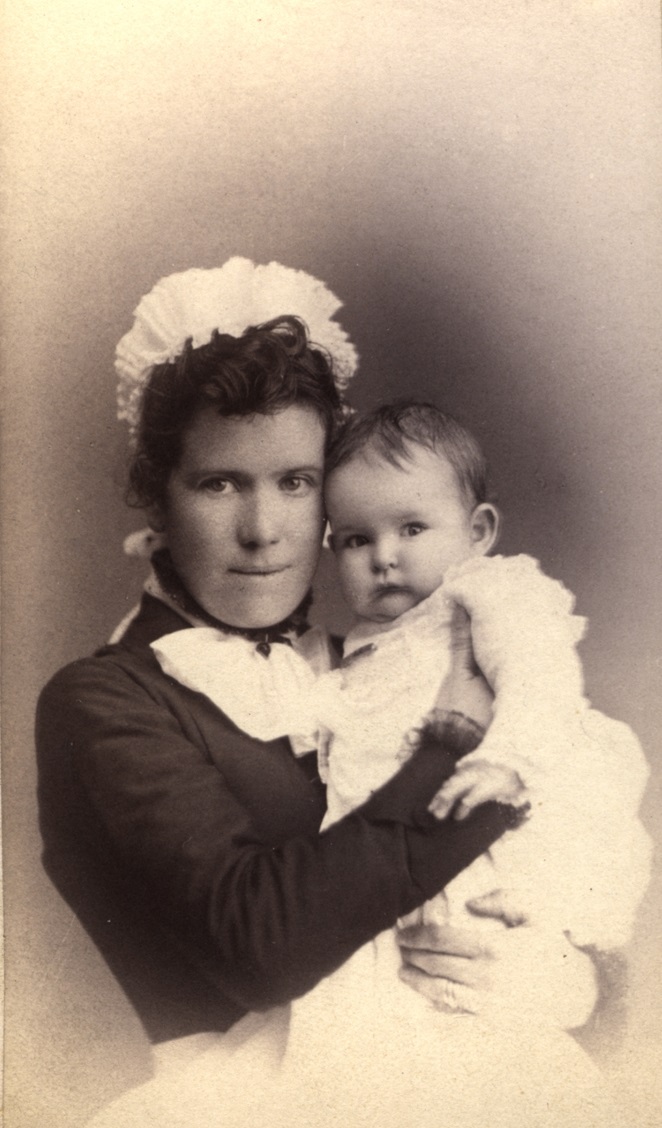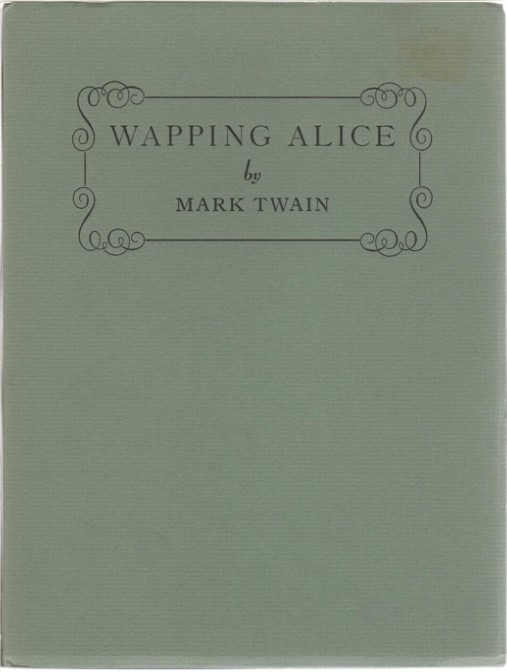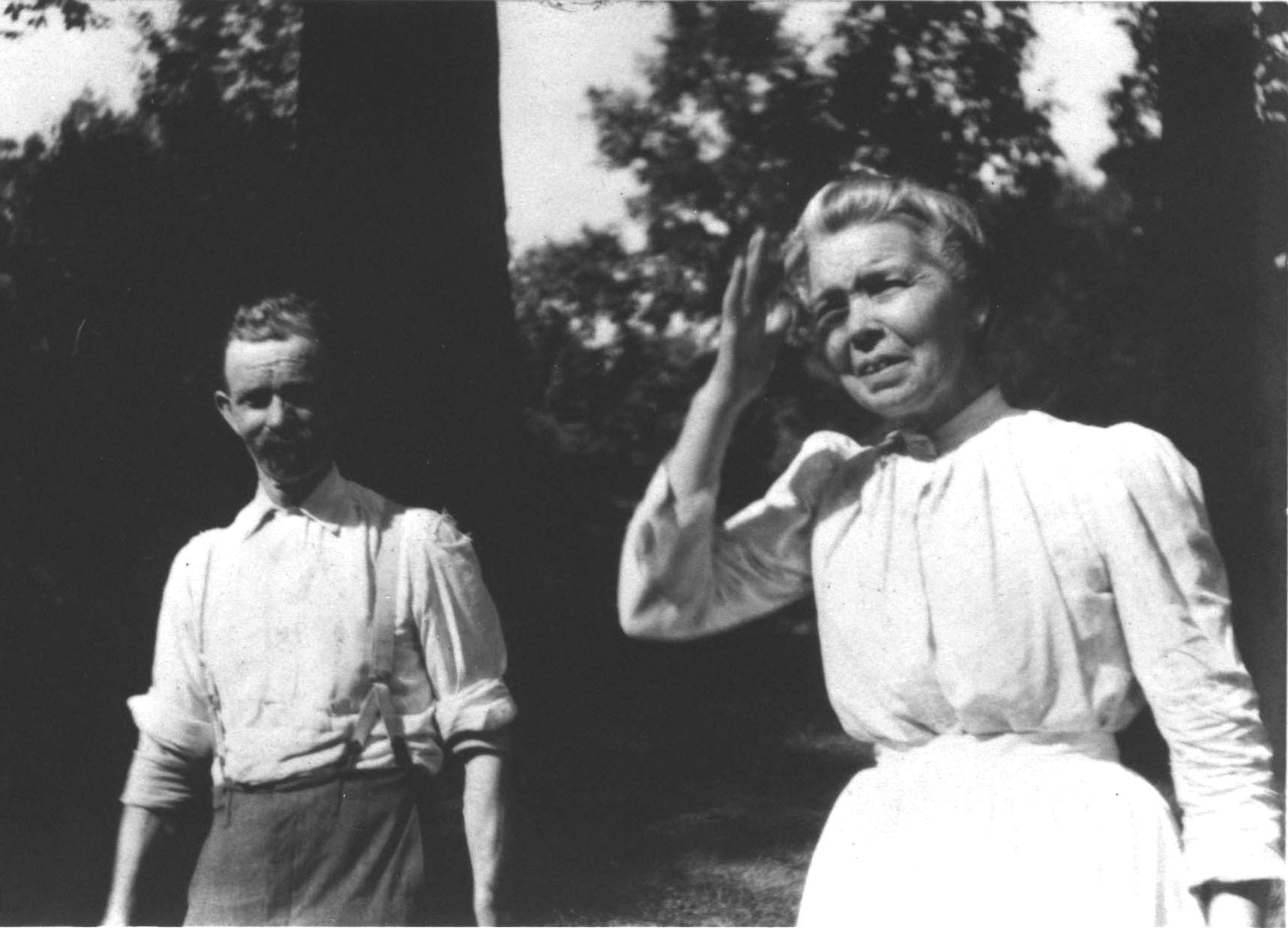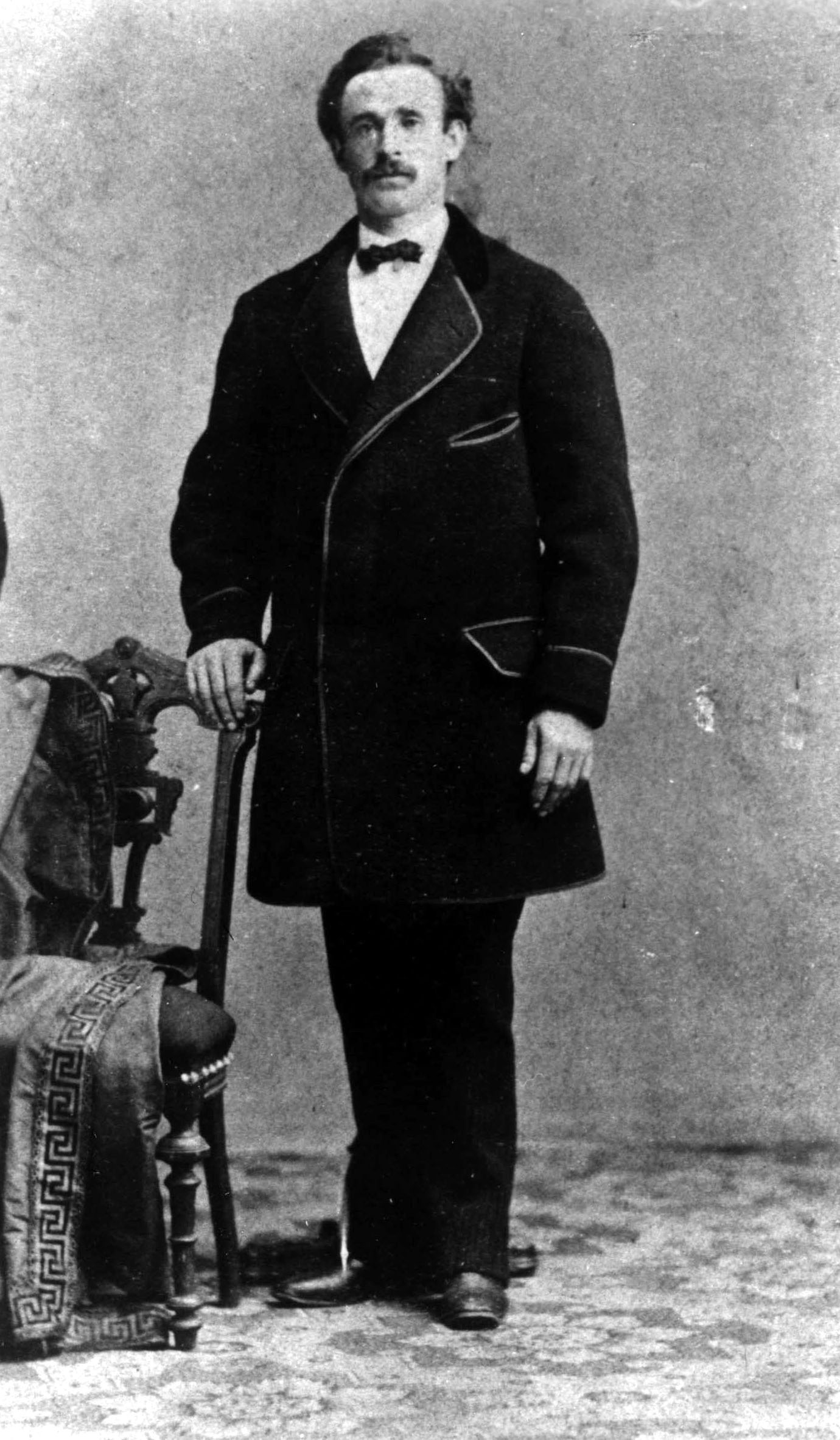Daniel Molloy (c.1862-1930)
In the spring of 1883 Daniel T. Molloy, an Irish immigrant living in Hartford, heard that Mark Twain needed a gardener. Not just any gardener, Molloy told an interviewer years later, but one who had worked for “an Earl or a Duke.” Samuel Clemens was probably being playful, but Molloy had in fact worked for the Earl of Portarlington in Ireland. Molloy knocked on the door of the Farmington Avenue house, but Clemens was in a “creative fever” – having resumed work on Huckleberry Finn, which he had set aside for three years. The Irishman returned in the afternoon. “Are you the man who was here this morning?” Clemens asked. He was, and started to recount his resume. “It doesn’t make any difference about your experience,” Clemens said. “Consider yourself hired.”
“I never worked for a better man,” Molloy said, though he once rebuked his boss for always summoning him with a whistle. Molloy got tired of this and finally refused to reply. “I didn’t hear you call me,” he told Clemens. “I heard you call a dog.”
Molloy’s copy of Popular Floriculture by Peter Henderson, a well-known work among gardeners of the era, is in the Museum’s archive today. The book was given to Molloy by Olivia Clemens. We can see notes Molloy made in the margins, particularly in sections about things like getting roses to bloom in the winter in greenhouses or that blossom late in the season, as the Clemenses spent their summers in Elmira, New York.
Ill health forced Molloy to resign in October 1885. Upon his resignation, he received a signed copy of Uncle Tom’s Cabin from neighbor Harriet Beecher Stowe. “I used to leave the door of the greenhouse open,” he said, “so she could go in and pick a flower.” Clemens gave him three months’ wages so that he could recuperate in Ireland, his home country, and supplied a hand-written character reference.
Whatever health issue caused him to leave the Clemenses’ employ, it did not prevent Molloy from serving more than 32 years on the Hartford police force. In 1928 there was local controversy about the potential demolition of the Mark Twain House that would ultimately end with the building’s preservation. Molloy is reported to have said, “I hope the poor man hasn’t turned over in his grave at all the contention over buying his house as a memorial to him…I feel he deserves some kind of a memorial, for he has certainly brought fame and honor to Hartford.”
There are no known photographs of Daniel Molloy; our search for one continues.

